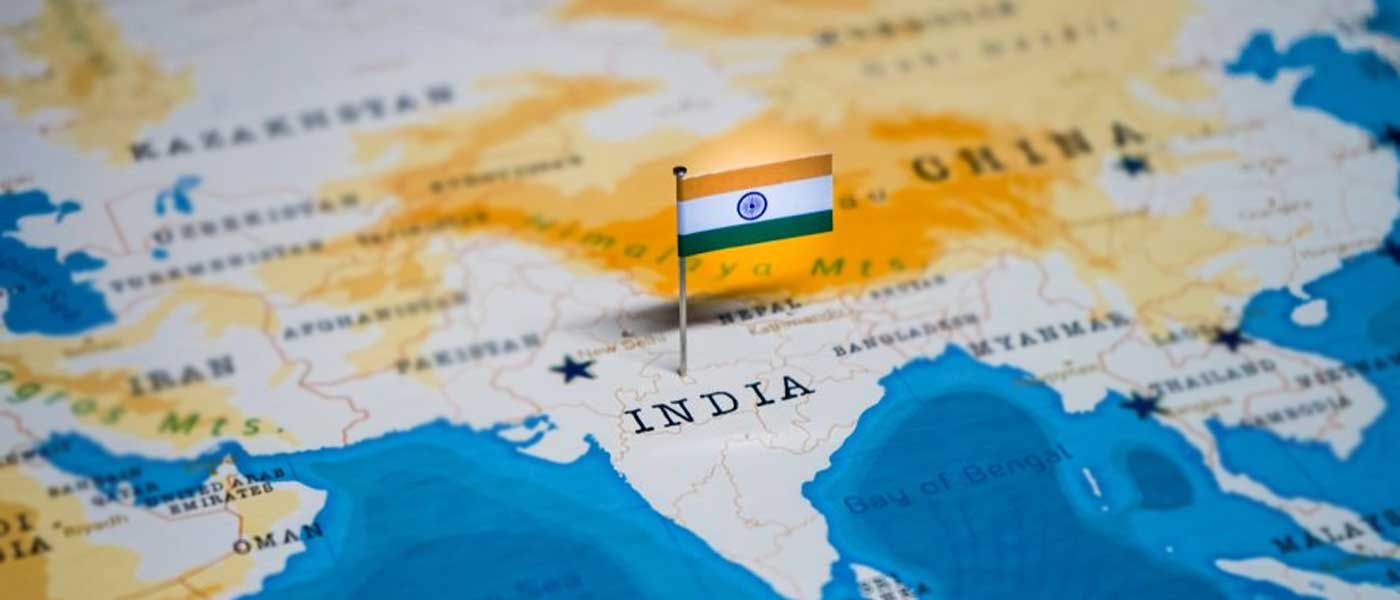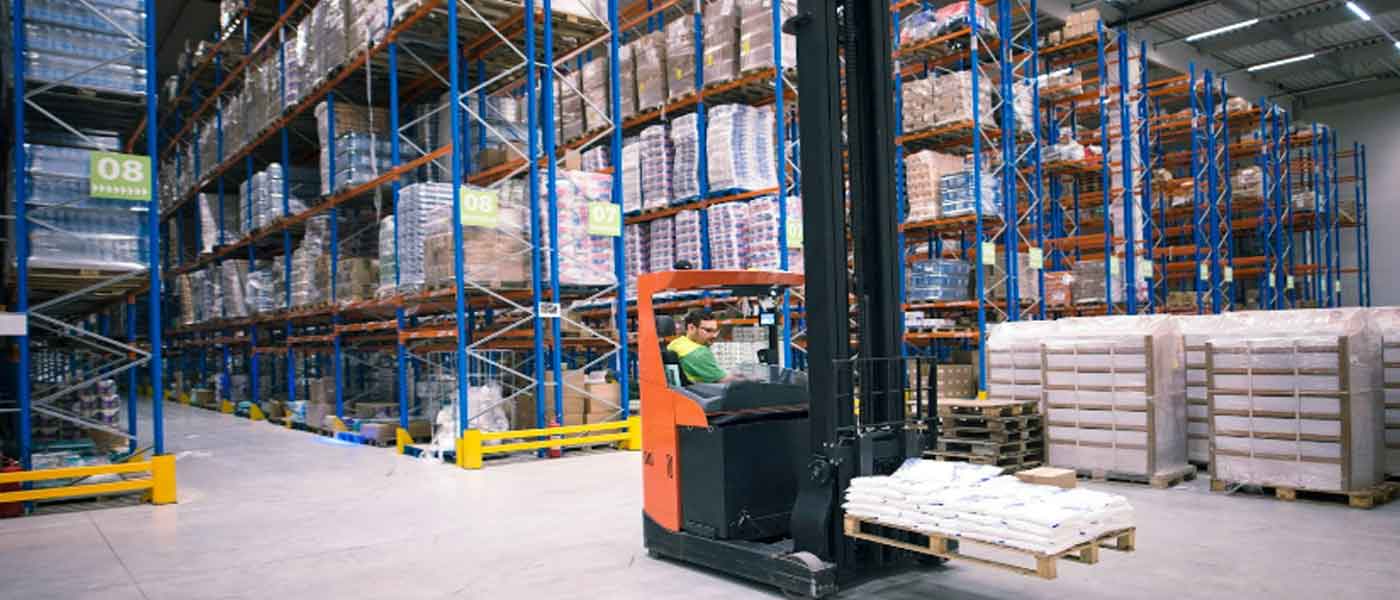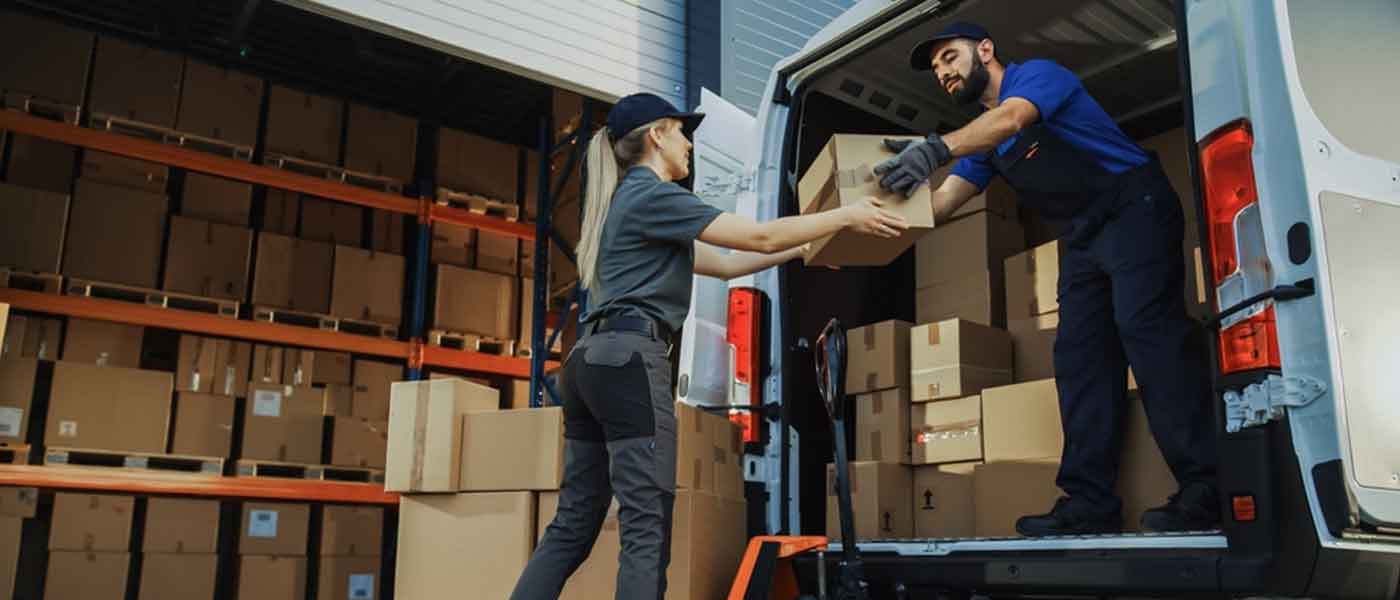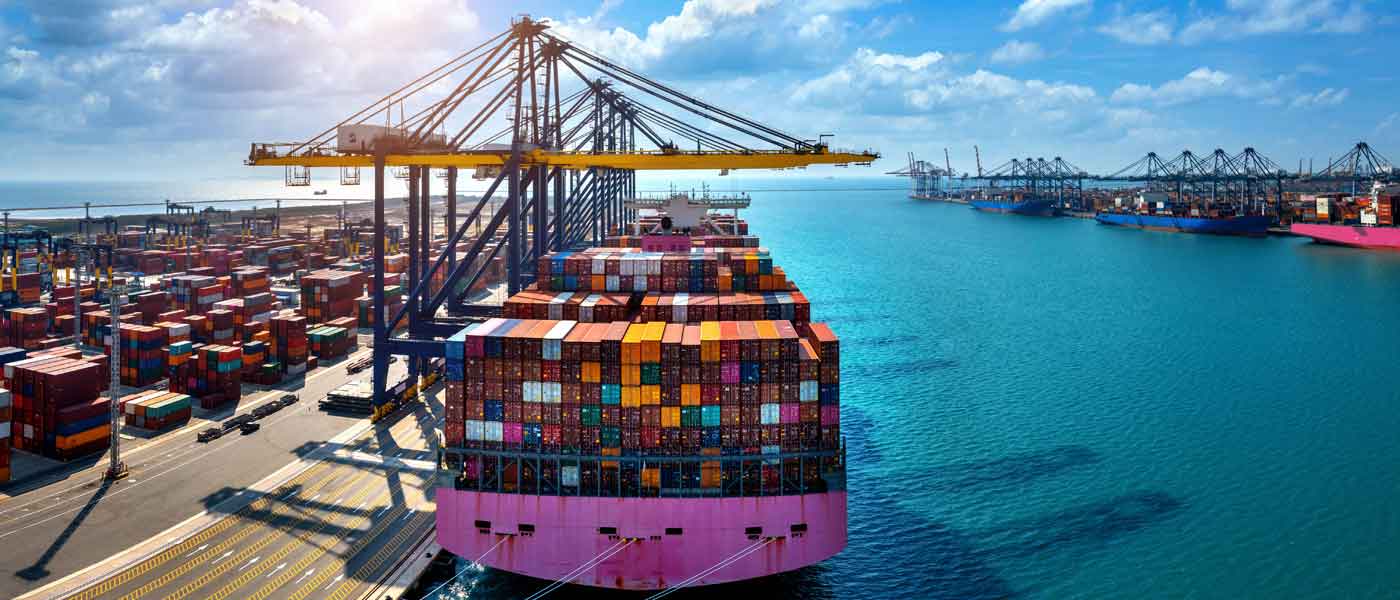Blogs
Supply Chain Learning Guaranteed
Blog
View all
All
News
Blog
November 29, 2024
Union Minister of Ports, Shipping, and Waterways Shri Sarbananda Sonowal held a bilateral meeting with Greek Minister Christos Stylianides on Monday to discuss the implementation…
November 29, 2024
Indian importers are facing a significant spike in container freight rates on Asia-India trade lanes, particularly for shipments from China, highlighting ongoing volatility in the…
November 29, 2024
Cosco Shipping has signed a Memorandum of Understanding (MoU) with two partners to enhance cooperation in green shipping energy. The agreement focuses on utilizing biomass…
By 20Cube
November 28, 2024
Smart Packaging is a game changer for the supply chain logistics industry Products shipped domestically or across borders need to be tracked for visibility from…
November 15, 2024
Norwegian companies Evoy and Pascal Technologies have entered into a letter of intent (LoI) with Singapore's Lita Ocean and SeaTech Solutions International to develop a…
November 15, 2024
The company has called on shipping companies to submit expressions of interest (EOI) for LNG bunkering services in Panama, as it plans to begin operations…
India launched the National Logistics Policy (NLP) on 17th September 2022, with the aim of promoting a seamless movement of…
The logistics industry is growing by the hour, driven by today's tech-savvy consumers and their increasing demand for fast delivery…
For years, third-party logistics (3PL) companies have helped businesses scale their operations globally and reduce warehousing and distribution costs. 3PL…
The e-commerce industry has exploded and continues to grow each year. The estimated size of the global e-commerce logistics industry…
Shipping consignment is always a challenge, but when it is classified as dangerous or hazardous, it adds another layer of…
Every year around 11 billion tons of goods are transported through ships. From 1931 to the present day, a great…









